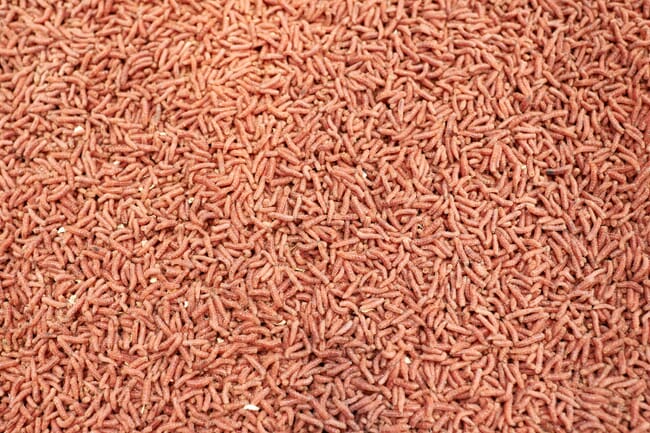Aquatic Life Institute (ALI) has today launched a benchmark tool to evaluate six of the most well-known, global aquaculture certification schemes and their effectiveness with respect to aquatic animal welfare standards.
These certifiers included Global Animal Partnership (GAP), RSPCA assured, Naturland, Friend of the Sea, Global GAP and Best Aquaculture Practices (BAP).
The report recognises the newly released Global Animal Partnership Atlantic salmon welfare standard “as the most welfare-comprehensive standard to date”. This standard incorporates the latest science-based interventions to improve welfare for farmed salmon.
To meet the standard, facilities must include enrichments at all life stages, adhere to strict stocking density limits, monitor water quality on a daily basis, and comply with adequate stunning and slaughter requirements. It also includes a novel ban on insects in farmed fish feed, despite the fact that fish such as salmon naturally eat insects throughout their juvenile, freshwater life stage.
According to ALI, insect farming is "a potentially significant industry of concern due to the unknown animal welfare consequences and negative environmental impacts throughout the production cycle".
"We are concerned about insect agriculture for many reasons, one of such is that the link between agricultural intensification and novel zoonoses is well established in the literature. All factory farming operations are in a constant struggle with disease control. The hyper-dense environment of thousands (or in this case, trillions) of animals in close proximity is a perfect breeding ground for pathogens. The story of novel zoonoses increasing the costs of factory farming is well-known: densely populated stock develops infections, blanket treatments are applied which externalises the true cost of the treatment, as antimicrobial resistance (AMR) decreases the efficacy of the treatment each time it is used. As time wears on that externalised cost is paid for in stock loss as the antimicrobials fail to return results. From AHPND in shrimp, to sea lice in salmon, to porcine nematodes, virtually every farming industry is limited by novel zoonoses with AMR," Catalina Lopez, director of the Aquatic Animal Alliance, explained to The Fish Site.

The Aquatic Animal Alliance is concerned that mass production of these insects could lead to novel zoonoses
"There are also precautionary concerns in terms of welfare of the insects farmed, as there is not much scientific evidence regarding welfare considerations in these operations. Also, the environmental impact is not known for this intensive type of production, as escapes and interaction with wildlife is inevitable, and the effects of those interactions are unknown," she added.
"The inevitability of industry-limiting diseases, as well as the tremendous suffering diseases caused in agricultural facilities, means we are extremely cautious to recommend new factory farming operations where commercially viable plant-based alternatives exist," Lopez concluded.
The rationale behind the tool
The new tool has been developed by ALI to try to bring fish welfare to the fore in aquaculture certification standards.
“Certifications are widely used by the aquaculture industry in order to verify the practices carried out on farms. Unfortunately, until very recently, most certification labels did not include meaningful animal welfare interventions, and focused only on aspects such as environmental impact or food safety, and excluded individual animal welfare considerations. However, consumers are increasingly seeking transparency from the aquaculture industry, as many instances of poor animal welfare conditions have been uncovered on farms around the world, including farms certified by well-known schemes... Therefore, the implementation of meaningful and accountable animal welfare interventions is imperative and will result in benefits for animals, the environment, and public health alike,” ALI argues in a press release.
As a result, the organisation says that it has engaged with certification schemes for over two years, to ensure that animal welfare is prioritised.
The areas of evaluation include environmental enrichment, space requirements and stocking density, stunning and slaughter, feeding practices and water quality.
“This benchmark will prove to be a valuable tool to any company in the food sector during their seafood purchasing decision-making process. It will support them in making more informed choices about certified products entering their supply chain, and allow the public to be better informed about practices associated with seafood production. The tool will also help certification schemes that are lagging behind in aquatic animal welfare, by shedding light on improvements that will allow them to stay relevant,” stated Lopez, in a press release.
ALI plans to update the benchmark annually, and the next editions will compare more certification schemes and measure additional areas of concern.




